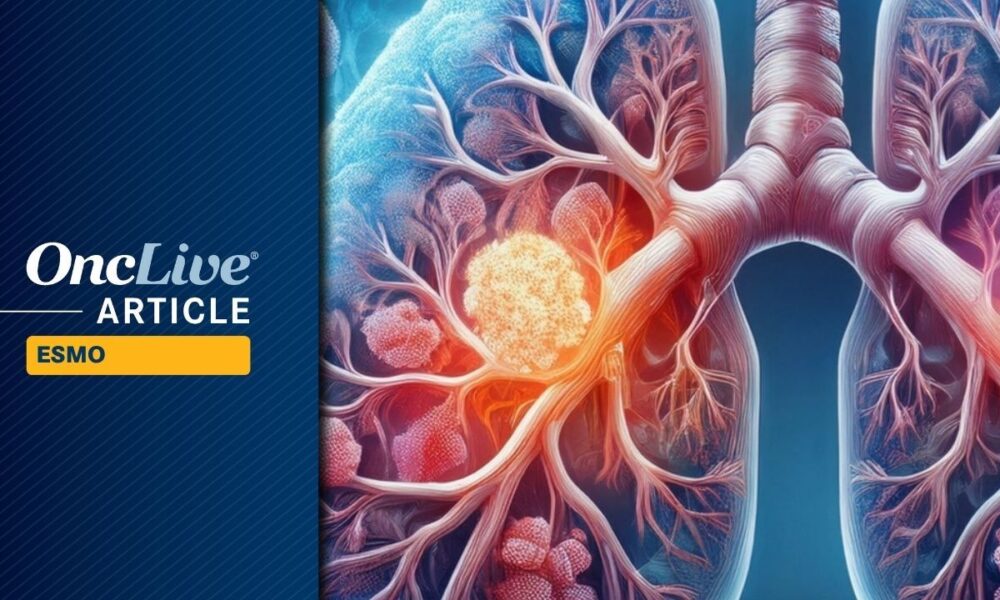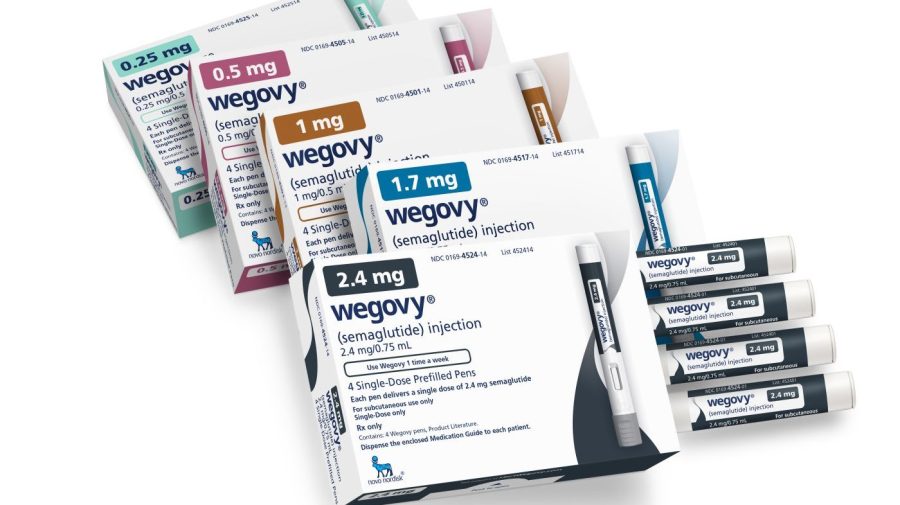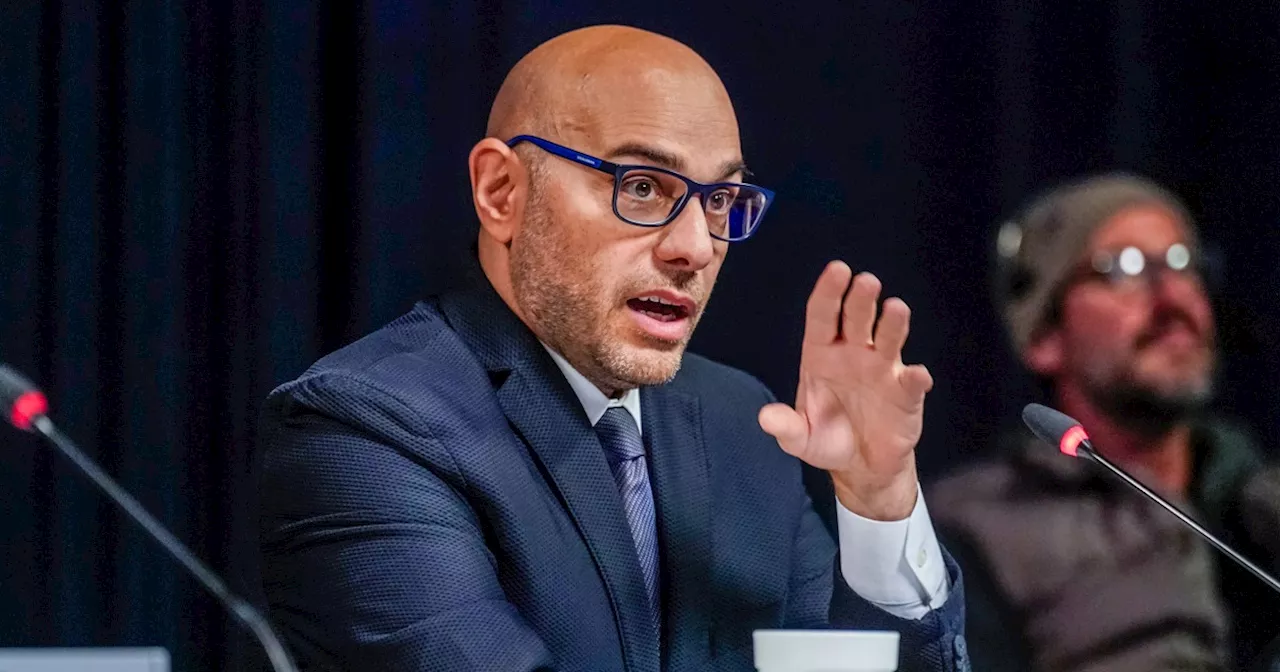Recent findings from the phase 1b DeLLphi-303 study indicate that the combination of tarlatamab with first-line chemoimmunotherapy and PD-L1 maintenance therapy may offer significant benefits for patients with extensive-stage small cell lung cancer (ES-SCLC). These results were presented at the 2025 ESMO Congress and published in The Lancet Oncology.
At a median follow-up of 13.8 months, the study reported an impressive objective response rate (ORR) of 71% (95% CI, 61%-80%). Among the patients, 5% achieved a complete response, while 66% experienced a partial response. The findings also noted that 11% of patients had stable disease, with 8% showing progressive disease. The median duration of response (DOR) was recorded at 11.0 months (95% CI, 8.5-NE), and the disease control rate reached 82% (95% CI, 73%-89%).
Lead author of the study, Martin Wermke, MD, who serves as the director of Trial Management at the German Cancer Research Center, emphasized the durability of treatment responses. He noted that 39% of patients sustained disease control for at least 52 weeks, with ongoing responses in 49% of patients at the time of data cutoff.
The safety profile of the treatment was considered manageable, despite all patients experiencing treatment-related adverse events (TRAEs). Patients underwent a median treatment duration of 46 weeks (IQR, 14-60), leading to 3 dose-limiting toxicities identified. Adverse events of grade 3 (43%) and 4 (35%) were reported, including one patient who succumbed to a TRAE due to sepsis linked to the chemotherapy component of the regimen.
Wermke explained that the addition of tarlatamab to the treatment regimen demonstrated a safety profile consistent with that of the individual agents. He stated, “I hope I could convince you that the combination of another frontline chemoimmunotherapy targeting PD-L1 in the maintenance setting is safe and has a manageable toxicity profile.”
The standard treatment for patients with ES-SCLC currently involves chemotherapy followed by PD-1/PD-L1 maintenance therapy. Tarlatamab, a bispecific T-cell engager, is being assessed in various clinical settings, including the second-line as a single agent and in combination with PD-L1 inhibitors.
The DeLLphi-303 study enrolled adult patients with ES-SCLC who had undergone one cycle of chemoimmunotherapy, which included platinum-etoposide and an anti-PD-L1 inhibitor, regardless of their response. Inclusion criteria required measurable disease according to modified RECIST 1.1, an Eastern Cooperative Oncology Group (ECOG) performance status of 0 or 1, and no active autoimmune conditions or need for immunosuppressive therapy. Patients with treated and asymptomatic brain metastases were eligible.
During the initial treatment cycles, participants received tarlatamab at 20 mg intravenously every three weeks, along with chemotherapy agents and a PD-L1 inhibitor, either atezolizumab (Tecentriq) or durvalumab (Imfinzi). After the first three cycles, patients continued receiving tarlatamab in combination with one of the PD-L1 inhibitors until disease progression.
Further analysis revealed a median progression-free survival (PFS) of 10.3 months (95% CI, 7.2-13.6), with a 12-month PFS rate estimated at 43.1% (95% CI, 32.0%-53.7%). Although the median overall survival (OS) is not yet estimable, the 12-month OS rate with the tarlatamab regimen was reported at 80.6%.
Investigators also monitored treatment-emergent events such as cytokine release syndrome (CRS) and immune effector cell-associated neurotoxicity syndrome (ICANS), primarily occurring during the first cycle of treatment. These events mostly fell within grades 1 and 2, and all resolved without fatalities. Notably, the median time for CRS onset was approximately 13.3 hours following the last dose of tarlatamab.
Wermke concluded that these promising results support further exploration of this treatment regimen, with a phase 3 study, DeLLphi-312, planned for future investigation.
The study was funded by contributions from various pharmaceutical companies, and Wermke acknowledged multiple consulting roles and research funding received from organizations including Amgen, Bristol-Myers Squibb, and Roche.







